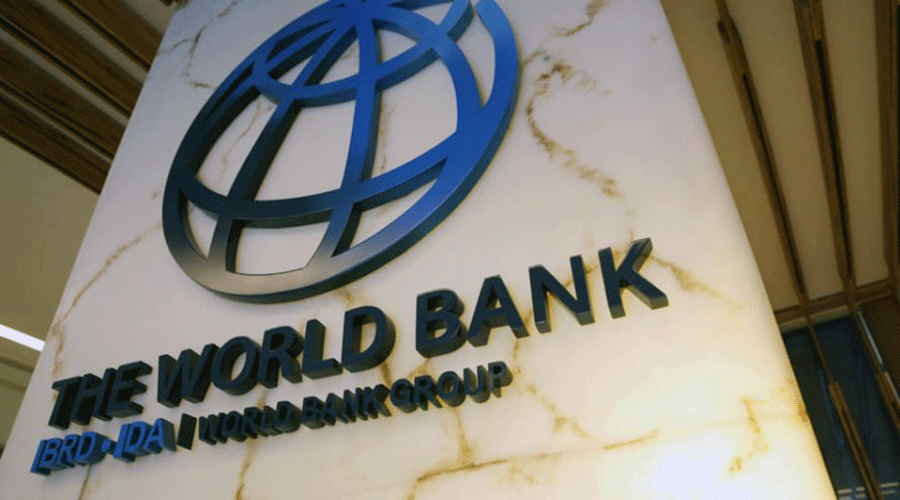Legal reform key to increasing women representation in Legislature

The Women NGOs Secretariat of Liberia (WONGOSOL) on Monday, August 31, 2020, kicked off a two-part webinar discussion on “Strategies to Enhance Women’s Political Participation.’’
The discussion, which was held via Zoom, brought together 40 women from civil society, the legislature and other women’s advocacy groups to talk about ways to overcome the barriers that prevent women from entering politics.
The discussion was led by a panel that included Representative Rosanna Schaak, District 1, Rivercess County; Frances Greaves, former president of the National Civil Society Council of Liberia (NCSCOL); Julia Duncan Cassell, former Minister of Gender, Children and Social Protection; and Facia Harris, a women’s rights advocate and founder of Paramount Young Women Initiative.
The second webinar discussion is planned for Friday, September 4, 2020, and will feature some of the women vying for the December 8, 2020, Senatorial elections. The discussion will be held via zoom from 11am to 12:30 p.m. Friday. The webinar discussion is part of the Election Coordinating Committee Electoral Reform Project supported by USAID Liberia Accountability Voice Initiative (LAVI).
The panelists at Monday’s forum underscored the need for women and their supporters to continue advocating for legal reforms that will include gender parity. The lack of women’s representation in the Legislature is a major challenge as Liberia prepares for the Senatorial elections in December and the 2023 presidential and general elections, the panelists said.
Currently, the 30-member Senate has one woman–Senator NyongbleeKarnga-Lawrence of Grand Bassa. In the House of Representatives, there are seven women. Karnga-Lawrence is one of five women vying for the senatorial election.
Madam Julia Duncan-Cassell said it might be too late to recruit more for women for the December election, but she stressed the need to begin preparing now for 2023. Women, she said, should support each other through fundraising, advocacy, developing policy agenda and on the campaign trail.
In addition, women need to get out of the “women’s wing’’ box relegated for them by political parties and play leading roles in how political parties select candidates they submit to the National Elections Commission, she said.
When women are campaigning, they need to focus on a policy platform that will improve conditions for women instead of emphasizing projects such as building schools, clinics and other infrastructure, Duncan Cassell said.
[bsa_pro_ad_space id=1]
“How many clinics do we need,’’ she said. “Can we work with the existing clinic or school, instead of trying to build new structures when there are no doctors, nurses and teachers to run them?’’
To improve their chances in winning elections, women aspiring for office need to develop clear and consistent messages in their engagements with voters, said Frances Greaves.
Representative Shaack alluded to Section 4.5 of the new election law which states that political parties “should endeavor’’ to have no less than 30 percent of the list of candidates submitted to the National Elections Commission.The electoral reform law proposes that the section should read: “A list of candidates submitted to the NEC for an election shall have no less that 30 percent of the candidates from each gender.’’
“There is nothing binding in the current election law that compels political parties to have 30 percent of both genders,’’ Shaack said. “We have to create an enabling environment for women to enter politics.’’ Electoral violence is also another barrier facing women in politics, Schaak said.
In response to the attacks on Cornelia Kruah-Togba and Telia Urey during by elections in 2018 and 2019, respectively, political parties signed a Memorandum of Understanding to desist from violence during elections. Urey ran in August 2019 to replace the District 15 seat left vacant by the death of Representative Adolph Lawrence; and Kruah-Togba ran in November 2018 in District 13, to fill the seat vacated by Senator Saah Joseph.
“Women are targeted more than men in elections,’’ she said.
Legal reform is the best option for obtaining gender equity in the political space, said Facia Harris.
“For us to vote the first time in Liberia, it had to be through a referendum,’’ she said, citing the 1946 referendum that granted women in urban areas the right to vote and own property. In 1955, women in rural areas won the right to vote.
We must think about the legal framework,’’ Harris said. “We have to push for the passage of laws that will help us attain equity.’’
Lena T. Cummings, program director and acting executive director of WONGOSOL, thanked USAID LAVI for providing the opportunity for women to discuss the challenges they face in pursuing gender parity. The lack of women representation in the political space requires urgent attention, she said.
“We need more advocacy and discussion on women’s representation,’’ Cummings said.
About WONGOSOL:
The Women NGO Secretariat of Liberia (WONGOSOL) is a Civil Society Organization and an Umbrella organization of more than 100 women organizations including CSOs, CBOs, FBOs and community women groups in Liberia. WONGOSOL was established in 1998 as an organ for coordinating the activities of women NGOs and groups. WONGOSOL has the mandate to bring women and other disadvantage groups together to formulate and present their independent views on political and socio- economic issues directly affecting them and that may have serious negative implications. WONGOSOL’s thematic areas: advocacy, information dissemination and capacity building.















